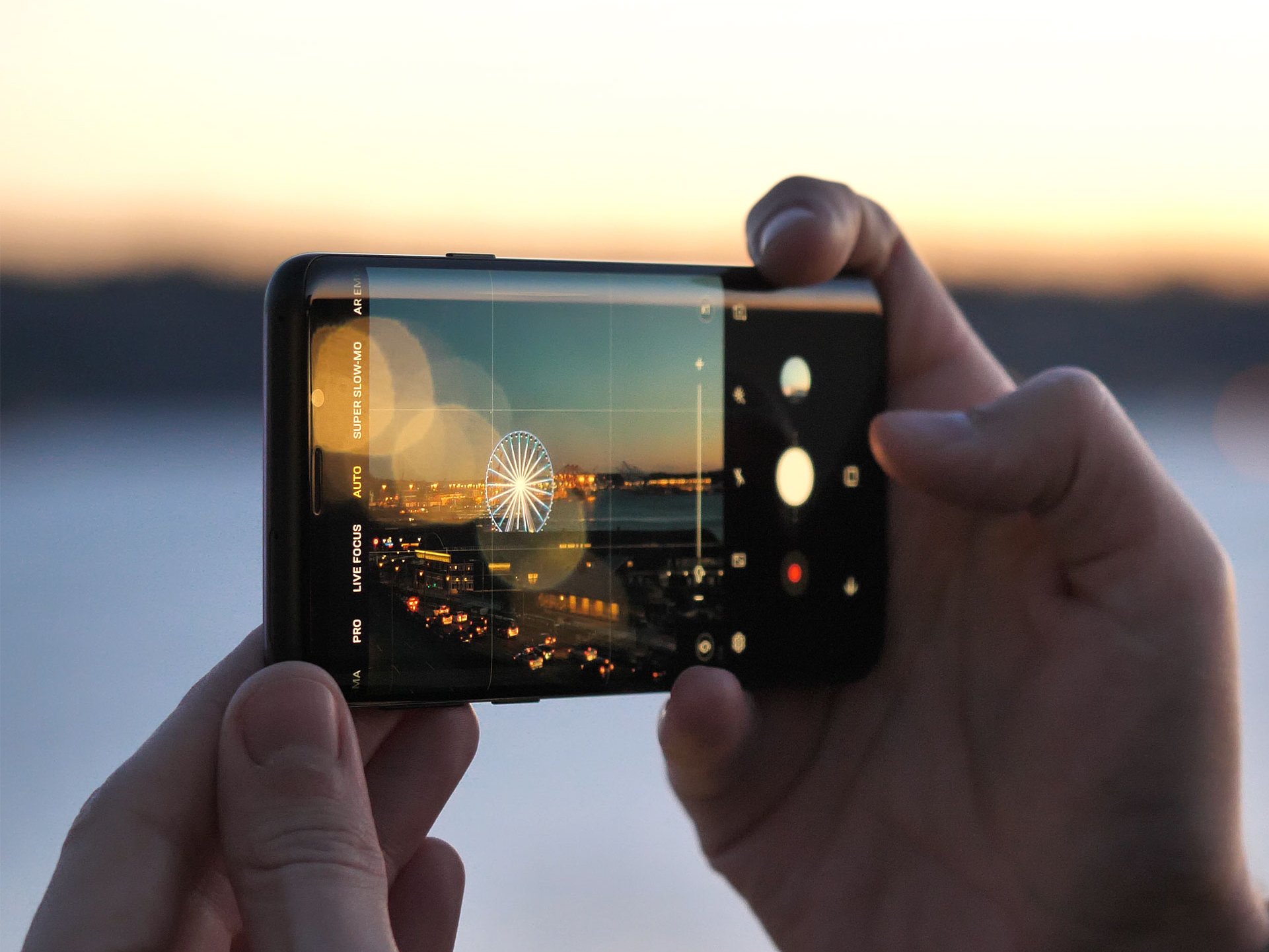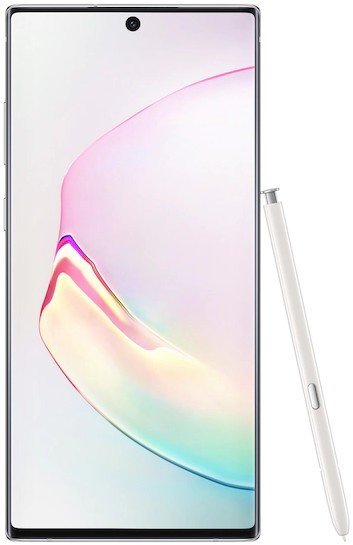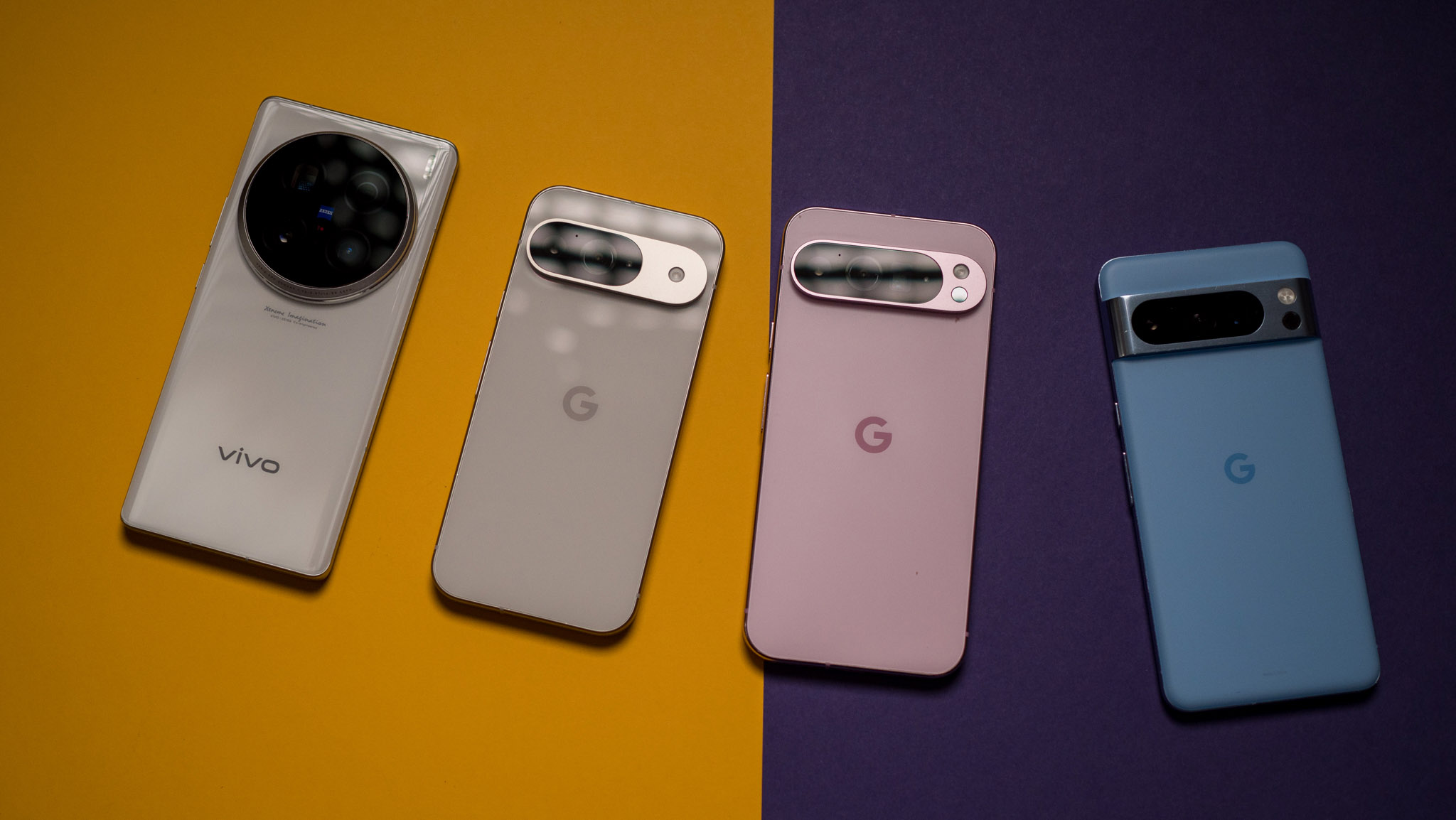The Galaxy S20's camera may not be as impressive as initially thought

What you need to know
- The Galaxy S20 will drop the dual-aperture feature from its camera, according to Twitter leaks.
- Dual-aperture helps with low-light photography and creating bokeh effects.
- Another leaker claims the Galaxy S20 Ultra will lose phase-detect autofocus, a DSLR-level focus technique.
Dueling leakers on Twitter are claiming the upcoming Samsung Galaxy S20 camera will see some apparent downgrades, though we'd bet Samsung has some tricks up its sleeve to make up the difference. First, XDA's Max Winebach, whose recent leaks suggest he has traveled to the future and knows exactly what Samsung will launch next month, simply drops the hint that the Galaxy S20 will not use dual-aperture mode on its camera.
S20 kills dual aperture.S20 kills dual aperture.— Max Weinbach (@MaxWinebach) January 19, 2020January 19, 2020
Dual-aperture is a neat hardware technique Samsung has been using since the Galaxy S9, and on all flagship phones since then. The camera can open or close the lens aperture to let in more or less light and change the focal distance of the image. Having a wider aperture (a lower F-stop number) means more light gets to the sensor.
It also helps create the please blurred-background bokeh effect. A smaller aperture helps focus more of the image and is better for long-range photos. Presumably, the next Samsung Galaxy will have enough camera sensors, including the rumored "periscope" lens for optical zoom range, to make up for removing the dual-aperture trick.
and S20U kills Dual-PDand S20U kills Dual-PD— Ice universe (@UniverseIce) January 19, 2020January 19, 2020
Not to be content to kill one feature per day, Twitter leaker Ice universe, who also has a considerable reputation for accuracy recently, chimed in to say that the Galaxy S20 Ultra will kill the company's Dual-PD, presumably the dual pixel-detect or phase detect autofocus feature.
This is a feature borrowed from high-end DSLR cameras that compares individual pixel sensors to focus an image, instead of analyzing contrast lines in a whole picture. Phase-detect was a much faster focusing method than previous techniques, so if the Galaxy S20 Ultra indeed removes this feature it will be interesting to see what replaces it.
Get the latest news from Android Central, your trusted companion in the world of Android


